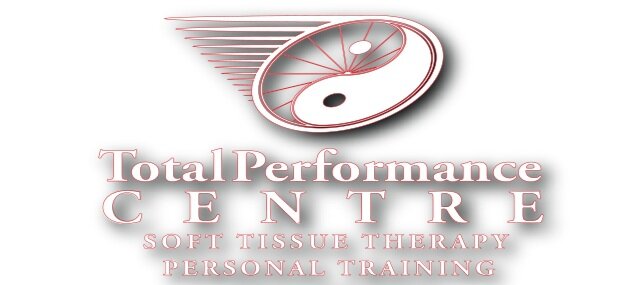Pre- Workout Nutrition
A pre-workout meal is a whole foods meal that falls within 3 hours of your workout. When you eat the right foods in the right amounts these nutrients can offer a number of benefits, including:
1) More Energy – Filling up your glycogen stores (body’s energy tank) before a workout can help improve your energy levels, strength and endurance during a workout.
2) Protect Your Hard Earned Muscle – When you workout hard, especially with heavy weights, an un-fuelled body may break down muscle tissue to use it as energy. A pre-workout meal can help prevent muscle breakdown and improve muscle recovery and repair.
3) Increased Muscle Growth – Eating protein before exercise can help slowly release amino acids (the building blocks of muscle) into your blood stream, promoting protein synthesis.
To obtain these benefits, a pre workout meal should be:
Low Fat – Because fat takes the longest to digest (6-8 hours), the pre-workout meal should be relatively low in fat, so limit fatty foods and oils.
Moderate Protein – Choose low-fat meat or dairy to provide your body with Branched Chain Amino Acids (BCAAs), which can help increase the rate of protein synthesis and decrease protein breakdown during and after your workout.
Moderate Carbohydrates – Low GI carbohydrates (slower release into blood stream) will provide a steady stream of energy and top - up muscle glycogen stores to help prevent muscle break-down.
The challenge is knowing how much food your body can handle pre-workout: Some people can eat a full meal as little as an hour before a workout, while others may need to wait 3-4 hours. This is based on trial-and-error and your own personal experience.
Exercise, whilst beneficial, is a significant physiological stressor, and may include symptoms such as muscle soreness, the need for extra sleep, and an increased appetite. These symptoms let us know that the exercise has depleted the muscle's energy resources, caused some minor damage, and that the muscle is in need of replenishment and repair. While this sounds like a negative thing, these changes allow the muscle to adapt by getting better at the exercise demands placed on it.
Generally, post-workout nutrition has three specific purposes:
· Replenish glycogen (energy stores)
· Decrease protein breakdown
· Increase protein synthesis to assist with muscle repair and rebuild.
It is your carbohydrate and muscle protein stores that become depleted with high intensity exercises: If you do not replace these nutrients, the remodelling and repletion process will come to a standstill. Therefore, while you may be training harder or lifting more, you may not be seeing the results. Put simply: If you don’t put adequate nutrients in the tank, you cannot expect to get anything out of it.
As a general rule, 0.8g of carbohydrate per 1 kg of body weight is recommended in assisting the recovery process. This will be lower if your workout intensity is lower. For example: someone doing a moderately intense yoga session will not need nearly as many carbohydrates post workout as someone training for a marathon. The addition of a moderate amount of protein to your post exercise meal is recommended, regardless of intensity. For example: a palm size portion of lean meat, or 1 scoop of protein powder.
The window of opportunity
This is the period of time after exercise when your muscles are primed to accept nutrients to stimulate muscle repair and growth. This window opens immediately after your workout and starts to close pretty quickly. Research suggests that while protein synthesis persists for at least 48 hours after exercise, it is recommended to eat within 2 hours.

